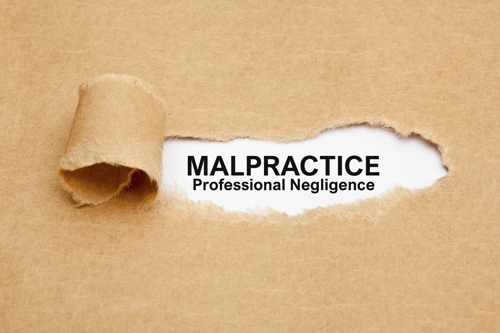
The case of B. v. J. revolves around a claim of legal malpractice, wherein the plaintiff, B, alleged that her attorney, J, failed to timely initiate a personal injury lawsuit on her behalf. This failure, she argued, caused her to lose a potential recovery. The defendant sought dismissal of the amended complaint [under CPLR 3211(a)(1) and (7)], contending that documentary evidence refuted B's claims and that the complaint failed to state a cause of action.
The Queens County Supreme Court denied J’s motion to dismiss, a decision that the Appellate Division, Second Department later affirmed. The appellate court emphasized that for a dismissal under CPLR 3211(a)(1), documentary evidence must "utterly refute" the plaintiff's factual allegations and conclusively establish a defense as a matter of law. However, affidavits, emails, and letters—such as those submitted by J—did not qualify as documentary evidence under this standard. Additionally, the retainer agreement provided by the defendant did not definitively establish that no attorney-client relationship existed at the time of the alleged malpractice, meaning B's claim remained legally viable.
Pursuant to state law, a court must accept the facts stated in the complaint as true and determine if they fit within a valid legal theory. In this instance, B sufficiently alleged that J’s failure to act deprived her of a viable personal injury case, thus meeting the legal standard for malpractice. Her claims were supported by an affidavit from her spouse, which helped amplify the allegations. The court concluded that B’s allegations regarding serious injury and damages were neither speculative nor conclusory, further reinforcing the viability of her legal malpractice claim.
This case underscores the importance of an attorney’s duty to act diligently on behalf of a client and the significance of establishing a clear attorney-client relationship. Furthermore, it highlights the stringent requirements for documentary evidence in a motion to dismiss, reaffirming that a well-pleaded complaint can survive early challenges if it presents a reasonable basis for relief.
# # #
DECISION
